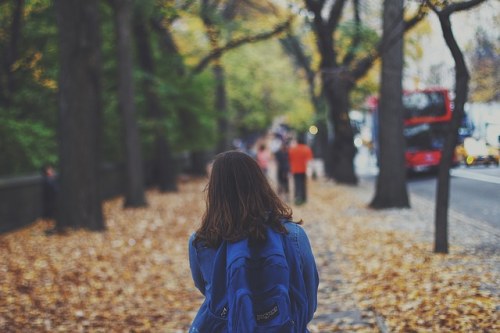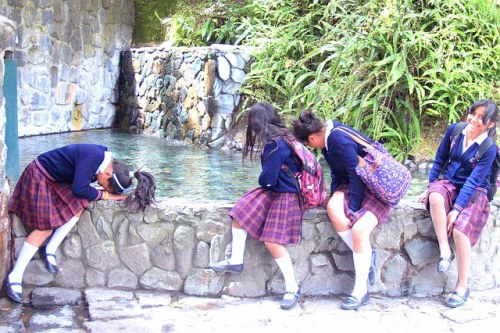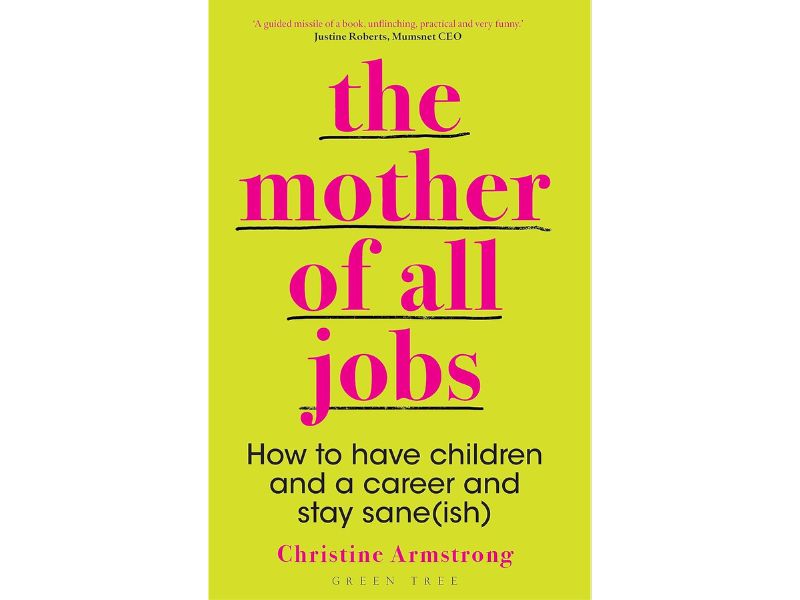MPs have heard that schoolgirls are wearing shorts underneath their school skirts to prevent being harassed by boys.
The Women and Equalities Committee heard from experts who claimed young girls were changing the way they acted due to an increased ‘normalised culture of sexual harassment.’
Experts are now calling for a change in attitudes to shift away from the victim and towards challenging the harassers’ behaviour.
The findings have come about through the Women and Equalities Committee’s investigation into harassment and sexual violence throughout England’s schools. The investigation is a result of figures published last year showing that over 5,000 sexual offences were reported in the UK over three years.
Sophie Bennett, co-director of UK Feminista, said, “We’ve heard from girls who tell us you don’t leave school as a girl without being called a slut, that to wear shorts under your skirt to prevent boys revealing your underwear in the playground is just normal behaviour.”
“So there is that sense of a normalised culture of sexual harassment in schools where girls don’t feel able to report it and instead change their own behaviour such as wearing shorts under their skirts.”
Continuing, “We need to be teaching not only how girls change their behaviour – we need to be addressing the harmful attitudes that underpin violence against women and girls.”
“As it stands, sexism isn’t listed alongside racist, disability and homophobic bullying in Ofsted’s inspection framework, and the message that that sends out is that really sexual harassment isn’t a priority, you don’t need to worry about it, so it’s hugely important that that changes.”
However, a spokeswoman for Ofsted said, “In all inspections, Ofsted assesses how effectively schools are safeguarding their pupils – including their effectiveness in keeping pupils safe from all forms of abuse.”
“Ofsted’s school inspection handbook makes clear that to be judged good or better, the leadership at a school will ‘take appropriate action to identify pupils who may be at risk of neglect, abuse or sexual exploitation, reporting concerns and supporting the needs of those pupils’.”
Improved sex education
During the meeting, experts also called for improved sex education, including teaching children from a younger age. Currently, sex education is taught in schools from 11 onwards, but is not compulsory any earlier.
Lynnette Smith, Managing Director and Founder of Big Talk Education claimed that if children are ‘old enough to be abused, they are old enough to be educated’.
Continuing she said, “So at nursery, it’s exactly the time. We also go into children’s centres and educate parents of children even younger than nursery.”
“It can’t be too early.”
Pornography is also a negative factor in young people’s views of sex and women. Jo Sharpen, policy manager at Against Violence and Abuse, said, “Young people, because they’re not getting the quality SRE (sex and relationships education) that they need in schools, are looking to things like porn to get that advice, that education, and it gives such unrealistic and harmful attitudes about gender, sex and consent.”

Executive director of black feminist organisation Imkaan, Marai Larasi, said, “What’s happened over the past few years is pornography which would have been considered hardcore pornography, which would have operated on the peripheries, is now the mainstream pornography…and involves the routine punishment of women’s bodies as entertainment.”
“We are doing this to our children and young people – are boys behaving in these ways because we haven’t intervened early enough and we haven’t helped to actually construct them as a different version of what a young man could look like?”
Changing attitudes
Attitudes of all those involved need to be changed, experts told the MPs at the Women and Equalities Committee, including those of teachers and young boys.
Dr Fiona Vera-Gray, research fellow at Durham University, agreed saying, “Teachers in schools are also living in a world where victim blaming is prevalent and where we’ve got all these things that are leading to this normalisation of sexual violence and harassment towards adult women.”
“To fix what’s going on in schools we also need to think more broadly about changing attitudes in the general population.”
Susie McDonald, Tender, a charity concerned with healthy relationships continued saying, “Many teachers are victim-blaming at the moment. They’re looking at sexual harassment as horseplay or something that’s just going on in the corridors.”
A spokesperson for the Department of Education said, “Schools are safe places and fortunately crime in schools is very rare, but sexual assault of any kind is an offence and must always be reported to the police.”
“We are also working with leading head teachers and practitioners to look at how to raise the quality of PSHE teaching, which includes sex and relationship education.”
Listen to the complete meeting with the Women and Equalities Committee here.









